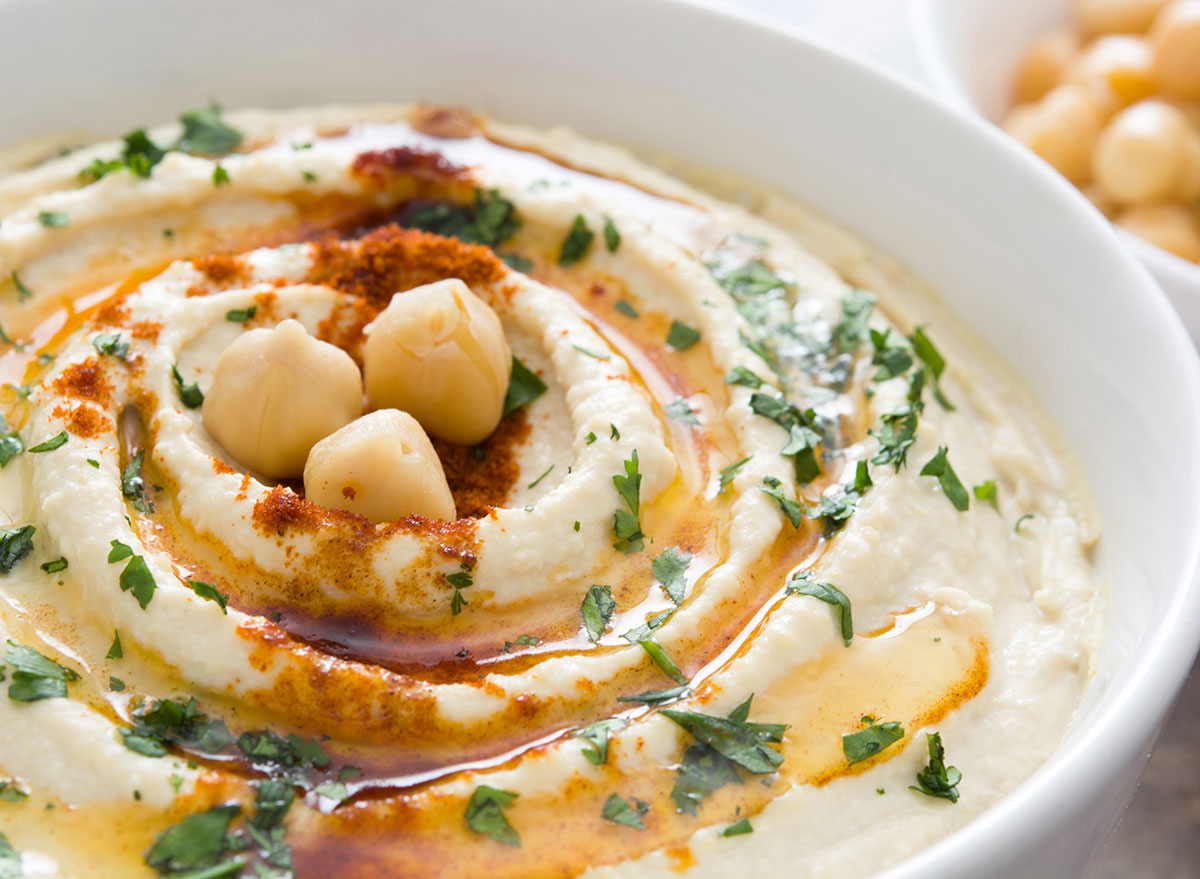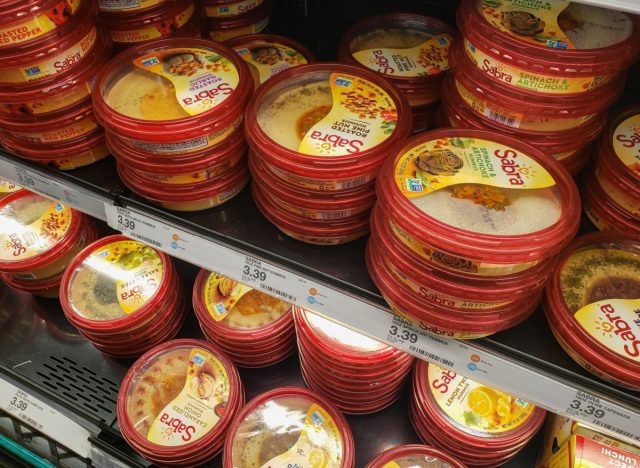Hummus Giant Sabra Halted Production To Get Back on Track After Frequent Food Safety Issues

Something of a dark horse when it comes to dips, hummus has enjoyed a meteoric rise in recent years. Humans have been enjoying hummus since at least the 13th century, but over the past decade or so, this dip made primarily with chickpeas, tahini, lemon juice, and garlic, has become an American grocery staple.
One of the biggest brands in hummus today is Sabra, a joint venture between PepsiCo and Strauss Group. As of 2016, Sabra made up an astounding 60% of U.S. hummus sales. Since around that time, however, the brand has been marred by salmonella and listeria-related food safety issues and recalls.
Fast forward to December 2021, and Sabra was issued a warning by the U.S. Food & Drug Administration (FDA) due to multiple violations at its Virginia-based hummus plant. In accordance with the FDA’s assessment, Sabra shut down that plant last year for a thorough deep cleaning, facility update, and to develop new employee training protocols.
Outside of a temporary additional shutdown in April 2022 over a faulty pipe, Sabra now appears primed and ready to place its turbulent food safety track record firmly in the past.
“I made a really difficult choice, and it was a choice that I felt like it was the right thing to do,” Sabra CEO Joey Bergstein, who took over in July, 2021, recently told Food Dive regarding the closure. “It was an incredibly important thing for us to do for the longer term and for the medium term of the business.”

Temporarily closing that Virginia facility put a major dent in business; the brand had to stop producing Sabra hummus products entirely for several weeks. The drop-off in available Sabra hummus products on store shelves led to a notable decline in Sabra’s dominance across the U.S. hummus market. Sabra’s market share dropped by 16% (46%, compared to 62% a year prior). Sales dropped by close to a third, per Strauss Group.
Since then, though, Sabra has been “consistently climbing back,” explains Bergstein. Even better, according to IRI data cited by Sabra, the brand can once again call itself #1 when it comes to hummus. Notably, the data indicates more than half of shoppers who would have normally bought Sabra hummus opted to just forgo hummus entirely instead of switching brands during its absence. Many who did try other brands are now returning to Sabra.
“When you stop production, you open the door for a competitor,” Bergstein added. “We’ve been able to grow back in a relatively short period following that disruption, which I think speaks to the health of the brand.”
Wondering about those violations in Virginia? Back in May of this year the FDA performed another comprehensive assessment of the facility and deemed the plant safe. Sabra is also taking additional steps to ensure these problems won’t happen again. They’ve hired a new head of research and development and sustainability, a new overseer of food safety and quality, and a new supply chain leader.
Interestingly, the company’s data also suggests that many of its loyal customers tend to only buy Sabra hummus products a few occasions a year—usually for parties or big holiday events. In an effort to make those purchases more frequent, Sabra is now experimenting with new food innovations like Breakfast Avocado Toast and Everything Bagel Seasoned Hummus.
Bergstein even hinted that Sabra may eventually expand beyond just hummus and guacamole. “We’ve got this great brand with lots of reach and lots of opportunity,” he noted.”For sure, the world isn’t limited to those two product varieties alone.”








